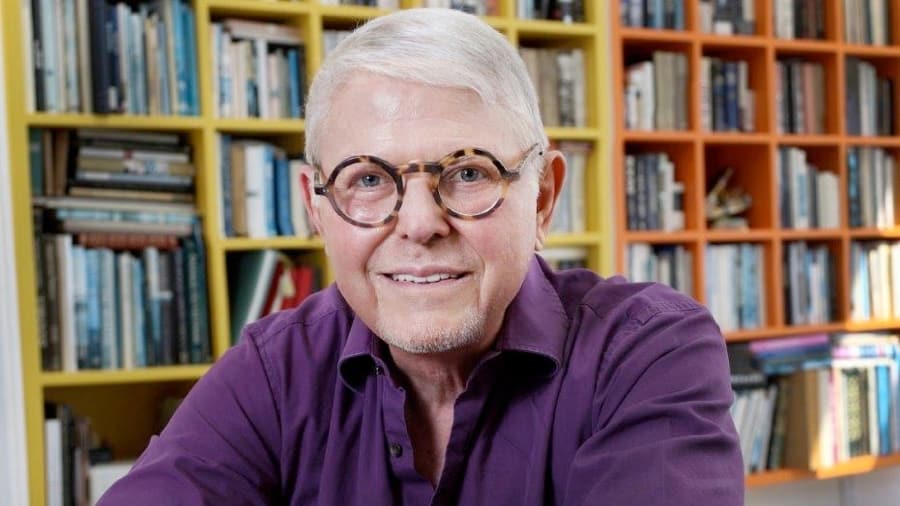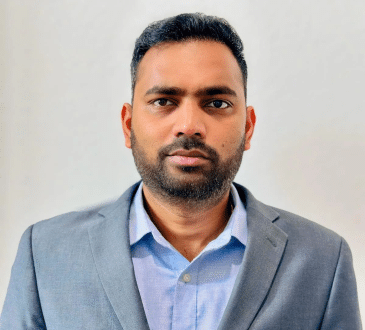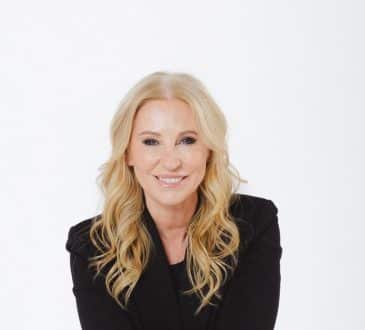What is Your Risk Appetite?

The organization that you head, whether a business or a nonprofit, will succeed or fail depending upon its leadership. And your leadership style is partly a function of your risk appetite. Unfortunately, your risk appetite isn’t completely under your control – it’s a function of how your brain is wired.
Five points to think about:
- What is your risk appetite?
Think back to the key choices you made in life. Did you select the toughest schools to attend? The toughest courses to take? Did you battle your classmates for top grades? Are your hobbies risky? (High-stakes gambling, ski racing, skydiving, private flying, and rafting all entail unusual risks and indicate a need for stimulus). Did you marry a high-school sweetheart or someone you met on a plane? Are your charities mainline, general contributions, or for some new, untested projects? If you did all of the above, you really have an appetite for risk. - Are you addicted to risk?
My need to take risks feels like addiction to me.
Any definition of addiction by clinical psychologists would imply a level of desperation, destructiveness, and helplessness that I – and, no doubt, most of the fearless leaders I admire –would not relate to.
Successful sensation seekers do not share the impulsivity and increasing loss of control so characteristic of clinical addicts. They are gritty individuals who, despite the dangers, seek out extremely high-risk activities, such as rowing the oceans unsupported or making hazardous expeditions to the North Pole, but they also have exceptionally high levels or self-control and minimal reactions to stress. Solo divers and mountaineers cannot survive in extreme environments without meticulous preparation, detailed knowledge, and avoidance of foolish risks, as well as the ability to remain calm, even in the face of acute peril. In the highest-risk situations, those who are no more than thrill seekers and adrenaline addicts tend to die.
When I ask my friends why they keep going when they’re rich enough and old enough to retire, they all say that they do not want to stop. Until their lives end, they want to push their limits. It just seems natural. Any time they come to a crossroads, you can rely on them to do exactly what I do, without being conscious of doing so: choose the most adventurous route. Addicted or not, it’s who we are. - Do you instinctively run your organization in a risky way?
Do you make unfunded commitments? Do you favor large acquisitions in place of in-house growth? Do you always prefer to borrow funds rather than diluting ownership and/or control? Do you make such choices independent of your compensation and career incentives? And are all of these choices objectively weighted by you rather than instinctive? You might not be aware of how your mental bias to risk influences your key business decisions. So, it would be instructive to benchmark these choices against the most comparable organizations as a way of calculating some norms. - Your risk instincts got you to the top, why override them now?
If your risk appetite puts your organization in unnecessary jeopardy and you desire to pursue a more moderate path, you may well find that the change is uncomfortable. The neatest solution to this is the creation of a real Executive Committee; strong, knowledgeable people who are well-intended and empowered probably will override your risk-taking instincts when attractive compromises can be developed. - Stay the course, mindfully.
As a risk-taker, I never would suggest to another risk-taker to change to a less stimulating life. But I do think that having a dispassionate view of one’s risk predilections will lead to a more successful, as well as a more satisfying, life. The best course to arrive at such a salubrious state is mindfulness, which can be developed through concentrated effort over many months. The masters seem to be able to tolerate any environment simply by tuning their minds to a more comfortable sate, while blocking out any intrusions, to create a feeling of mind and body relaxation.
Dr. Lobsang Rapgay, a Buddhist monk who rose to become a private secretary to the Dalai Lama, taught me many of these secrets of the mind. It’s remarkable how much we can control. These techniques helped me overcome claustrophobia, which was invaluable in my scuba diving activities. Cultivating mindfulness can overcome dysfunctional investment behavior, like buying high and selling low, which are rooted in anxiety about what everyone else is doing.
Mastering some of your brain functions will not attenuate your risk appetite. But it will make your choices more objective. And your anxiety feelings about those big gambles will be reduced!
Written by Michael Tennenbaum.
Have you read?
# Best Law Schools In The World, 2019.
# Best Performing Arts Schools In The World, 2019.
# World’s Top 100 Most Successful Unicorns, 2019.
# Best Cities In The World For Shopping In 2019.
Add CEOWORLD magazine to your Google News feed.
Follow CEOWORLD magazine headlines on: Google News, LinkedIn, Twitter, and Facebook.
Copyright 2024 The CEOWORLD magazine. All rights reserved. This material (and any extract from it) must not be copied, redistributed or placed on any website, without CEOWORLD magazine' prior written consent. For media queries, please contact: info@ceoworld.biz









